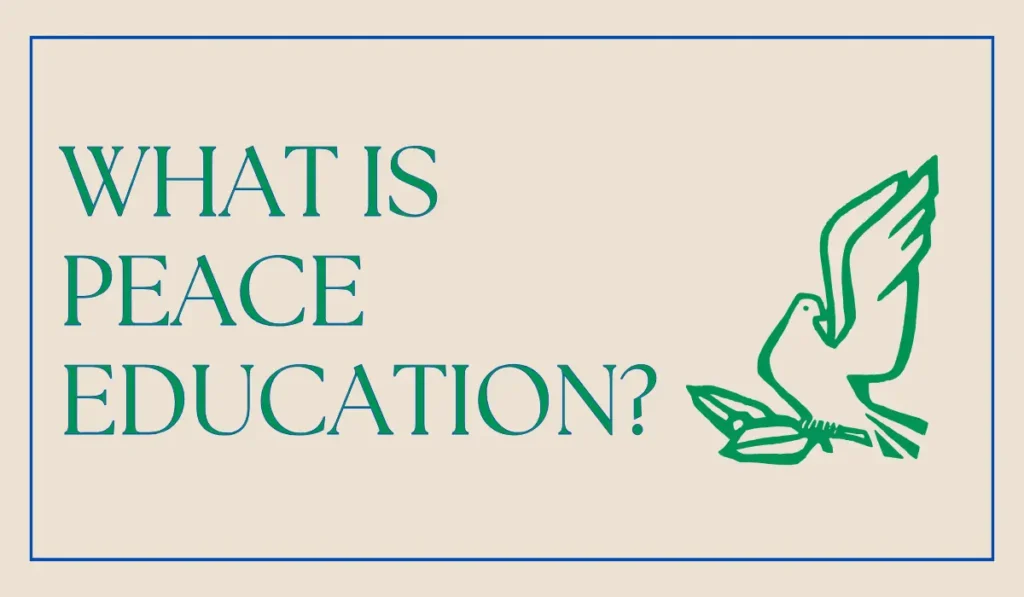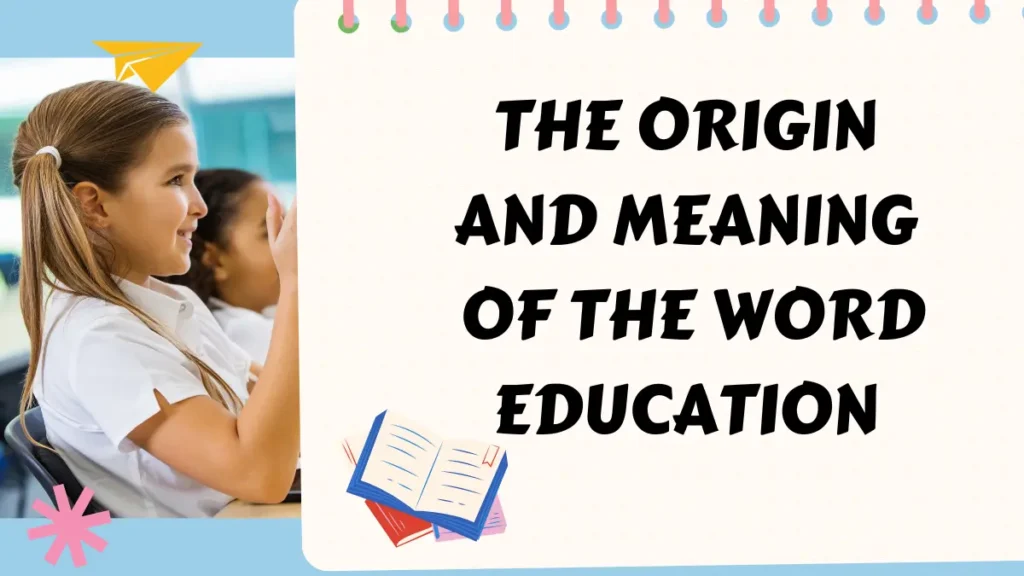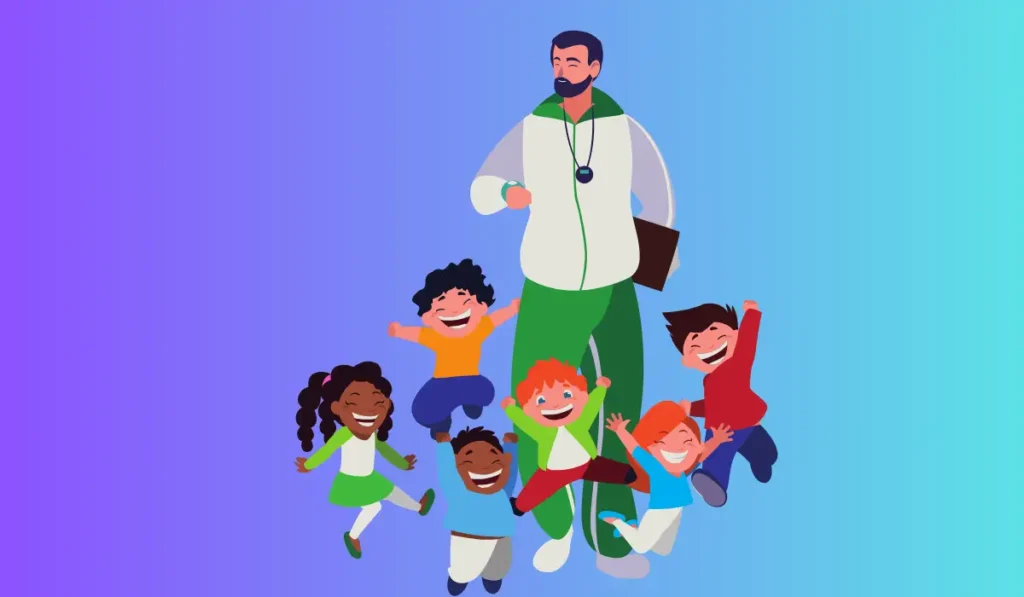Peace education is an approach to fostering peaceful attitudes, behaviors, and values in individuals and communities. Peace education is a crucial aspect of societal and educational systems worldwide.
It aims to promote non-violence, respect, empathy, understanding, and conflict-resolution skills. It fosters a culture of peace and inclusion, facilitating individuals’ ability to work cooperatively towards sustainable solutions.
Peace education is no longer seen as an optional educational supplement, but rather an essential ingredient in ensuring a peaceful future for generations to come.
The Power Of Peace Education
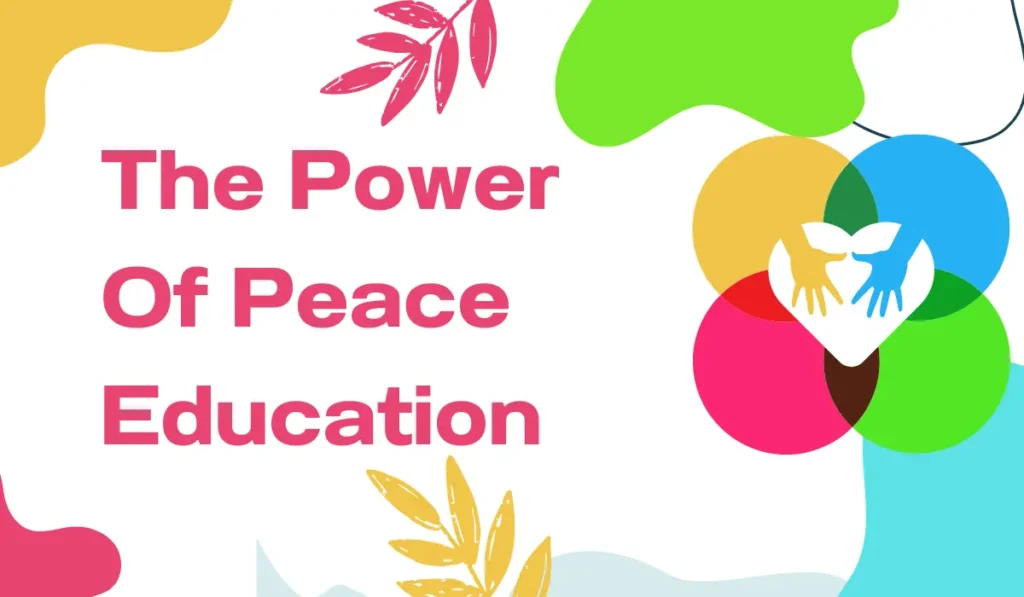
Peace education is the process of promoting peaceful relationships, attitudes, and behaviors. It is an approach that advocates for nonviolence, learning about conflict resolution, and building empathy and understanding.
Typically, the goal of peace education is to create a safe and harmonious society where people can coexist peacefully.
In essence, peace education seeks to instill values that promote respect for others, social justice, and nonviolent communication. Defining peace education is essential because it helps us understand how we can collectively work together to curb violence, prevent conflicts, and work towards a peaceful world.
In today’s society, peace education is more critical than ever. It is vital not only for individual growth but also for creating a more harmonious and equitable community.
The Role Of Peace Education In Social Change
Peace education has a crucial role in creating social change. By promoting conflict resolution methods, it aims to create a culture of peace. Non-violent communication techniques can also be encouraged to create empathy and understanding.
It is through these tools that individuals can understand and become conscious of the ideas of diversity and inclusivity.
By being cognizant of such ideas, people can create space for discussion and finding peaceful solutions. To elaborate further, peace education can also entail non-formal and informal learning methods that allow individuals to internalize these values and develop their peaceful behaviors.
The purpose of this learning is not only to infuse ideas of conflict resolution and empathy into individuals but also to highlight the importance of creating a just and equitable society.
In this way, peace education promotes peace by instilling the values of empathy, conflict resolution, and creating a just society.
Peace Education In Schools And Communities
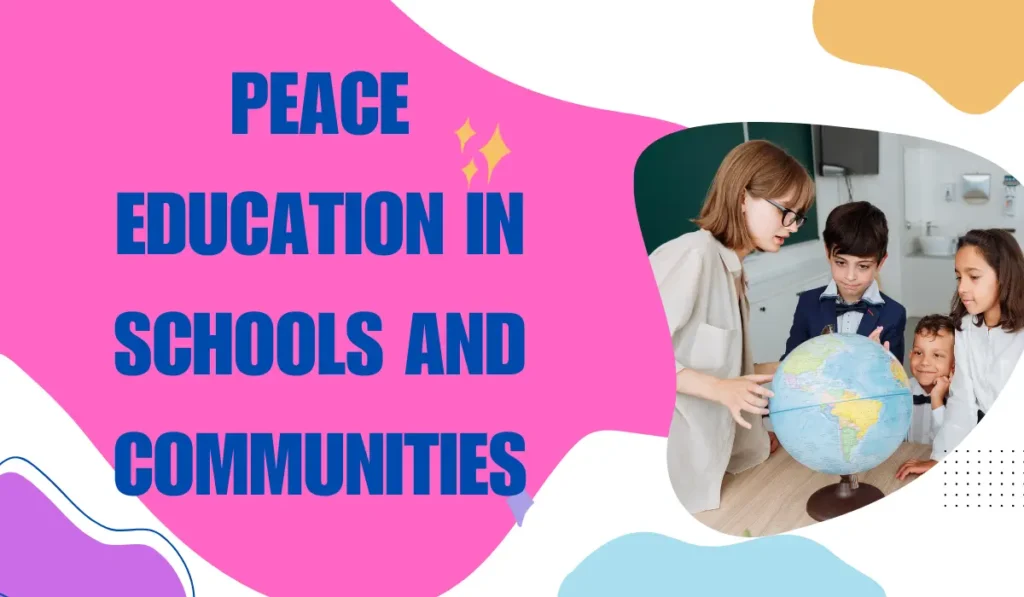
Peace education must be incorporated into school curriculums to establish peace education in schools. The benefits of including peace education in schools are reflected in student behavior, learning outcomes, and school culture.
Community-based peace education initiatives enhance neighborhood relations, reduce violence, and promote harmony.
Incorporating peace education as part of the learning curriculum provides skills that are essential in building and maintaining peace, understanding cultural diversity, and developing conflict resolution skills.
Effective peace education programs create a culture of respect for diversity, education, and understanding while preventing bullying and aggression in school communities.
Schools need to prioritize peace education, which extends to parents and communities for a harmonious and prosperous future.
Challenges In Implementing Peace Education
Implementing peace education can be challenging due to various factors. Overcoming resistance that comes from individuals or institutions that prioritize power and control over peaceful communication can be one of them.
Funding is also a major challenge to the implementation of peace education programs.
Despite its importance, peace education often receives little to no support from government institutions and other funders. Measuring the effectiveness of peace education is also difficult.
Traditional evaluation measures, such as tests and examinations, may not capture the complexity of peace education’s impact on individuals and communities.
Despite these challenges, advocates of peace education continue to push for its implementation because of its potential to promote peaceful interactions and resolve conflicts in society.
Frequently Asked Questions
What Is Peace Education?
Peace education is an approach to teaching that empowers individuals to contribute to a peaceful world positively.
What Are The Benefits Of Peace Education?
Peace education fosters empathy, critical thinking, and problem-solving skills, equipping individuals to resolve conflicts nonviolently.
How Can Peace Education Be Incorporated Into Schools?
Peace education can be taught through a variety of methods, such as conflict resolution courses, peace clubs, and multicultural education.
Conclusion
In essence, peace education is a powerful tool that can create a ripple effect that spans generations. The future of our world is in the hands of today’s young people, and by providing them with the necessary tools and resources, we can create a more peaceful and harmonious world for all. From the classroom to the community, to the global stage, there are countless opportunities to embrace peace education and make a positive impact. By teaching empathy, compassion, communication, and conflict resolution, we can create a world where violence and hatred are replaced with understanding and respect.
